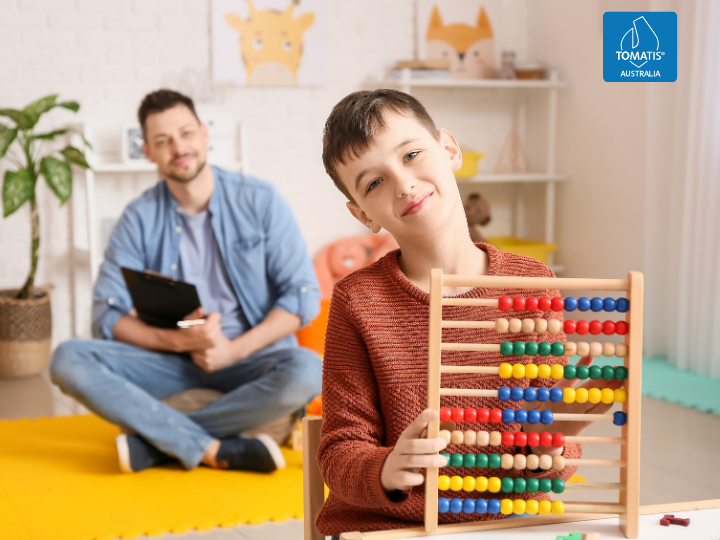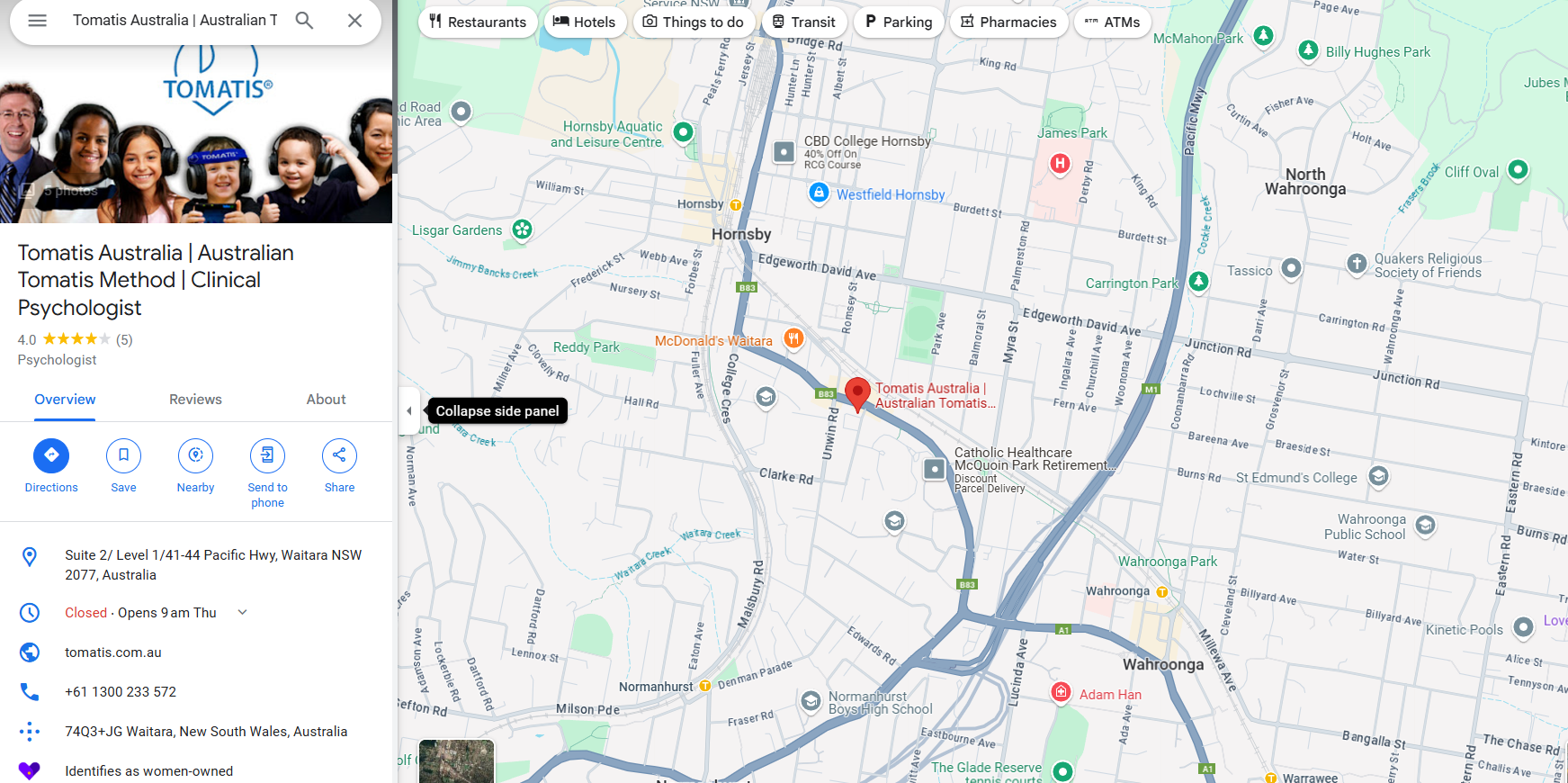Short Answer:
The most effective ADHD treatment approaches typically involve a combination of medication, behavioural therapy, lifestyle adjustments, and educational support. The right plan depends on the individual’s symptoms, age, and personal needs.

Understanding ADHD and Its Impact
Attention Deficit Hyperactivity Disorder (ADHD) is a neurodevelopmental condition characterised by difficulties in maintaining attention, managing impulsive behaviours, and regulating energy levels. While it’s often diagnosed in childhood, ADHD can persist into adulthood, affecting education, relationships, and work performance.
Managing ADHD requires more than just focusing on one area of treatment. Each individual experiences symptoms differently, which is why a multi-modal, tailored approach often yields the best results.
Medication as a Core Component
One of the most common treatments for ADHD is medication, particularly stimulants such as methylphenidate and amphetamines. These work by increasing dopamine and norepinephrine in the brain—neurotransmitters responsible for attention, motivation, and impulse control.
For those who experience side effects or do not respond well to stimulants, non-stimulant medications like atomoxetine or certain antidepressants may be prescribed. These options can also support co-occurring conditions such as anxiety or depression.
It’s important that medication is prescribed and monitored by a medical professional who can adjust dosages based on response and side effects.
The Role of Behavioural Therapy
Behavioural therapy is particularly effective for children and adolescents with ADHD, helping them build routines, manage time, and improve behaviour through positive reinforcement. For example, children might use a reward system for completing homework or following instructions.
Parent training programs are also valuable, teaching caregivers how to respond consistently and constructively to their child’s behaviour. These techniques help create a structured and supportive home environment, which reinforces what the child learns in therapy.
In adults, cognitive behavioural therapy (CBT) is often used to develop coping mechanisms, reduce disorganisation, and improve emotional regulation.
Lifestyle Adjustments and Daily Routines
Lifestyle changes form a crucial part of ADHD treatment. These adjustments support both the effectiveness of medical treatments and the individual’s overall well-being.
Key lifestyle strategies include:
Consistent daily routines: Predictable schedules reduce anxiety and improve task management.
Physical activity: Regular exercise helps regulate mood, improve concentration, and reduce impulsive behaviour.
Healthy diet: Nutrient-rich meals, especially with omega-3 fatty acids and low sugar content, support brain function.
Sleep hygiene: Adequate sleep is critical, as poor sleep worsens attention and emotional control.
Mindfulness practices like meditation or deep breathing exercises can also help manage stress and improve focus.
Educational and Workplace Support
In school and work settings, ADHD treatment often includes accommodations. Children may benefit from:
Extra time on tests
Preferential seating
Organisational tools like planners or visual schedules
Access to a learning support teacher
Adults might use calendar apps, reminders, and coaching to manage tasks and reduce overwhelm at work.
Collaboration between educators, employers, and healthcare professionals ensures that the support remains effective and appropriate.
When to Seek a Specialist
A proper ADHD diagnosis is essential before starting treatment. Psychologists, psychiatrists, or paediatricians conduct evaluations based on behavioural checklists, interviews, and observations.
Treatment plans should be reviewed regularly, especially during transitions such as starting school, moving to a new job, or entering adolescence or adulthood. Progress should be monitored, and adjustments made based on what works best.
Conclusion
Effective ADHD treatment goes beyond medication—it involves a holistic plan that includes behavioural therapy, lifestyle adjustments, and educational or workplace support. With the right combination, individuals with ADHD can manage symptoms, improve focus, and thrive in daily life.
For more information visit adhd treatment Sydney.
Tomatis® Method Australia
Suite 2/ Level 1/41-45 Pacific Hwy, Waitara NSW 2077
📞 1300 233 572
